Queen Elizabeth’s funeral: Advice on handling formalities — make sure Macron is at the front
Keep apart leaders who hate one another, watch what you feed them and position President Macron to avoid ‘a hissy fit’.
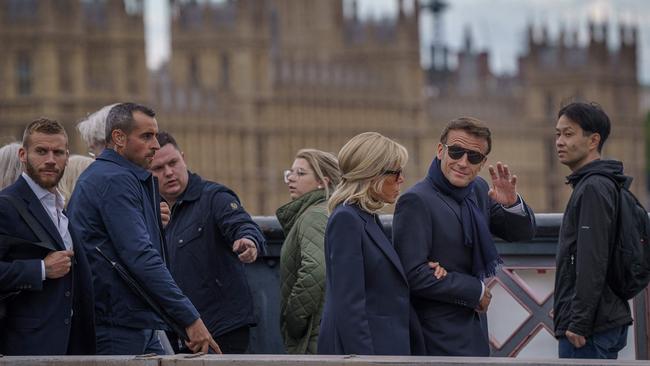
Keep apart leaders who hate one another, watch what you feed them and make sure that President Macron is near the front to avoid “a hissy fit”.
This is the advice from former senior diplomats as Buckingham Palace and the Foreign Office try to accommodate perhaps the largest gathering of world leaders since the funeral of George VI.
Lord Renwick of Clifton, who served as British ambassador to the United States in the early 1990s, felt sorry for the head of protocol at the Foreign Office responsible for avoiding incident as dignitaries gather in London.
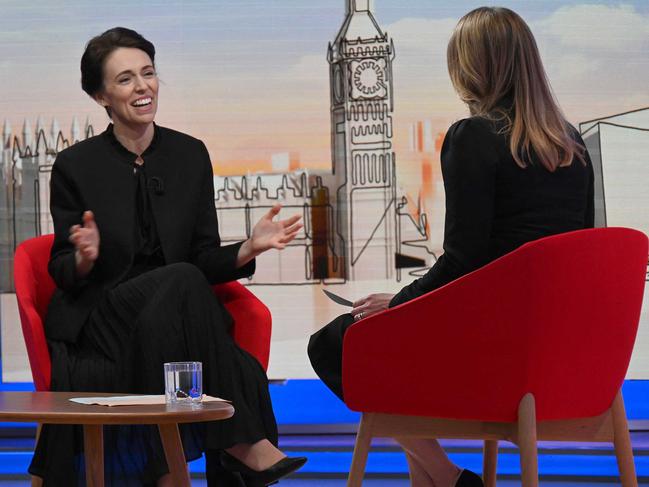
While seating heads of royal families was determined by length of reign, other leaders were treated according to how sensitive they were.
“You can pretend it’s alphabetical order, but it’s not,” he said. “Biden isn’t very ego-driven, but he’s going to be near the front.
“Macron [president of France] would have hysterics if he wasn’t given a place of honour. Olaf Scholz [chancellor of Germany] wouldn’t care. You’ve got to say to yourself, ‘Who is going to have a hissy fit?’ ”
Lord Ricketts, former permanent secretary at the Foreign Office and British ambassador to France under David Cameron, said Buckingham Palace and the Foreign Office were experts in averting clashes.
“The Foreign Office ceremonial system is amazingly good at this sort of thing,” he said. “I think everyone put up with some of the inevitable crowding . . . Most heads of government are pretty adept at making a beeline for the people they want to buttonhole and not for the people they’d rather keep away from.” Leaders would be unlikely to cause a scene: “Everyone is here to say farewell to the Queen.”
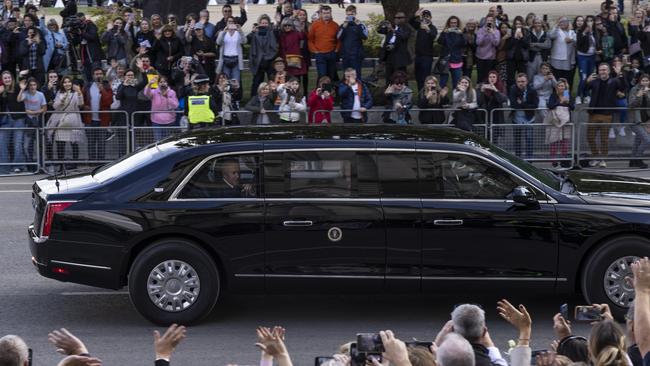
Renwick, who has recalled tricky moments in his memoir Not Quite a Diplomat, said organisers would avoid seating President Herzog of Israel next to a representative from Saudi Arabia. Mohammad Shtayyeh, the prime minister of Palestine, also will be present.
“You have several Arab states who don’t mind sitting next to Israel now, but there are still some people who would not want to,” Renwick said.
Feeding dignitaries could be fraught. Renwick recalled a moment of panic years ago when a Foreign Office official thought the government had served pork to the Saudi royal family. “I was once at a lunch we gave for Prince Fahd before he became king. I was near the head of the Arabian department when he said, ‘Oh God, we’ve given him pork sandwiches.’ ” Renwick quickly reassured him: “No, it’s turkey.”
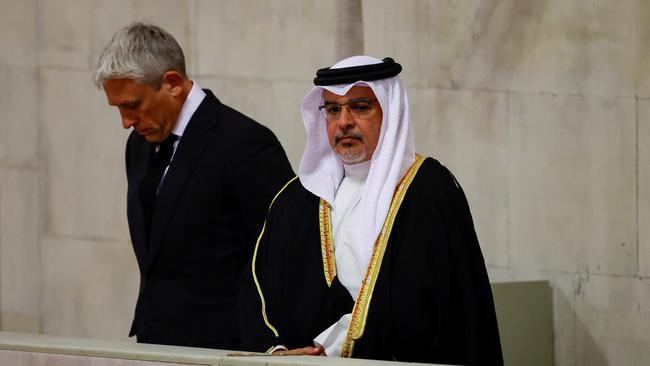
He said some foreign leaders would have to adjust to being treated with less fuss than normal. “You do find that we don’t make the same huge fuss over dignitaries that the Americans or others do. We don’t permit huge swarms of protectors, although you have to rein off for the president of the United States. He is always surrounded by Secret Service agents.”
The difference was illustrated by an incident in 1981 when a gunman fired at the Queen as she rode along the Mall to the Trooping the Colour. The shots were blanks, but were enough to spook her horse. “She carried on to the Trooping the Colour. There is no way that would have happened in America.”
Ricketts said the funeral should enhance Britain’s global standing. “This extraordinary national moment of mourning and Britain coming together presents the UK in rather a good light.”
Renwick said the gathering was likely to surpass the number of leaders who attended the funerals of Emperor Hirohito of Japan in 1989 or of Winston Churchill in 1965: “The last time you had so many world leaders in one place was probably the funeral of George VI.”


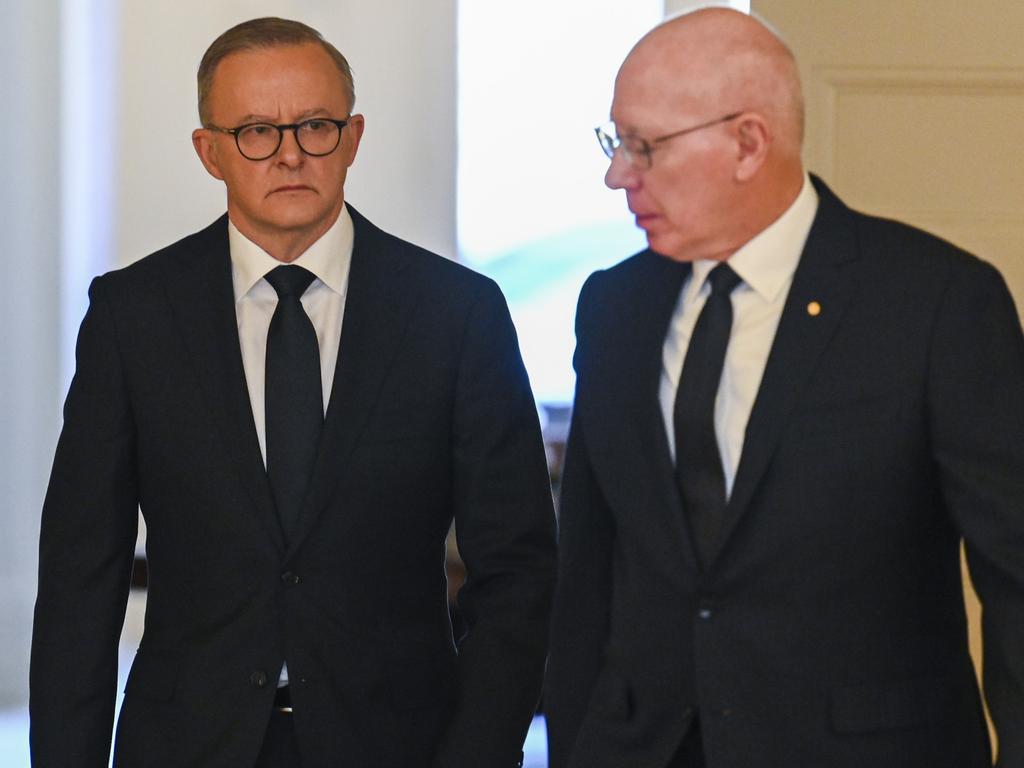


To join the conversation, please log in. Don't have an account? Register
Join the conversation, you are commenting as Logout